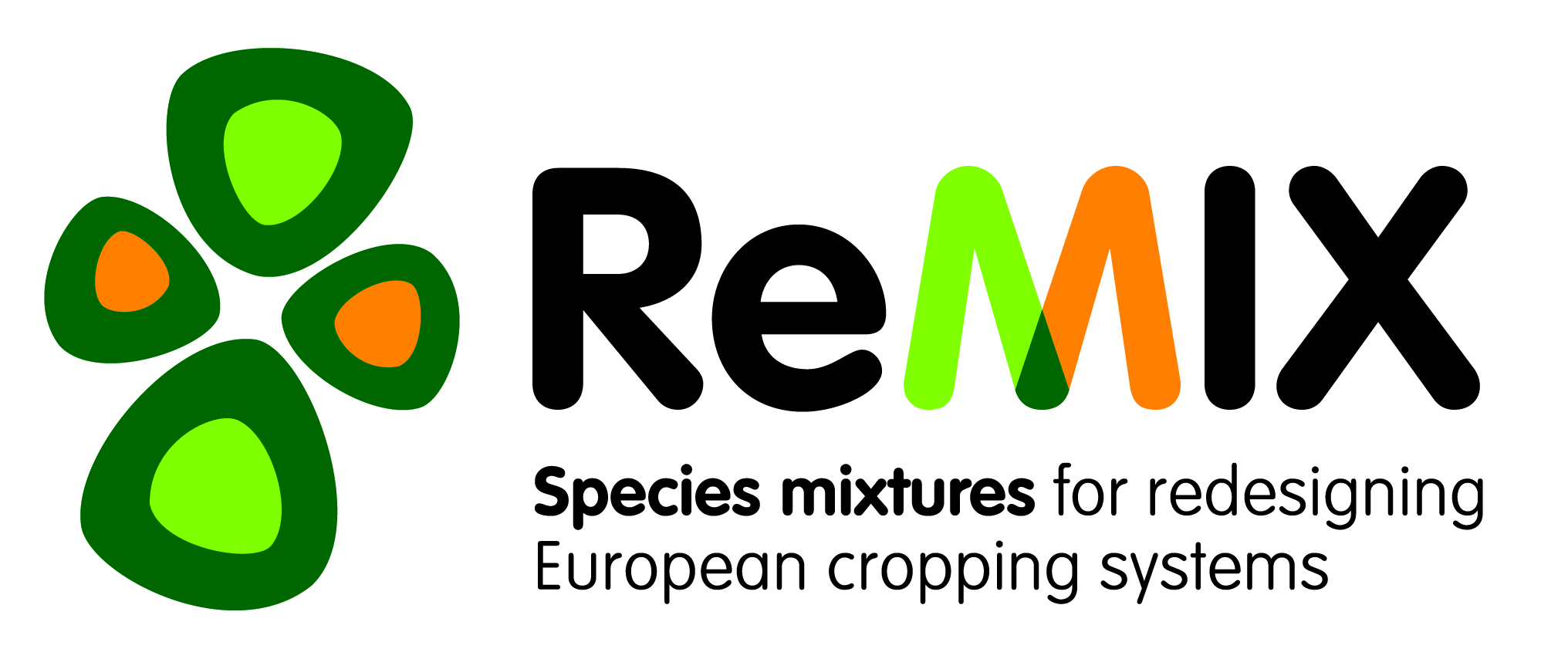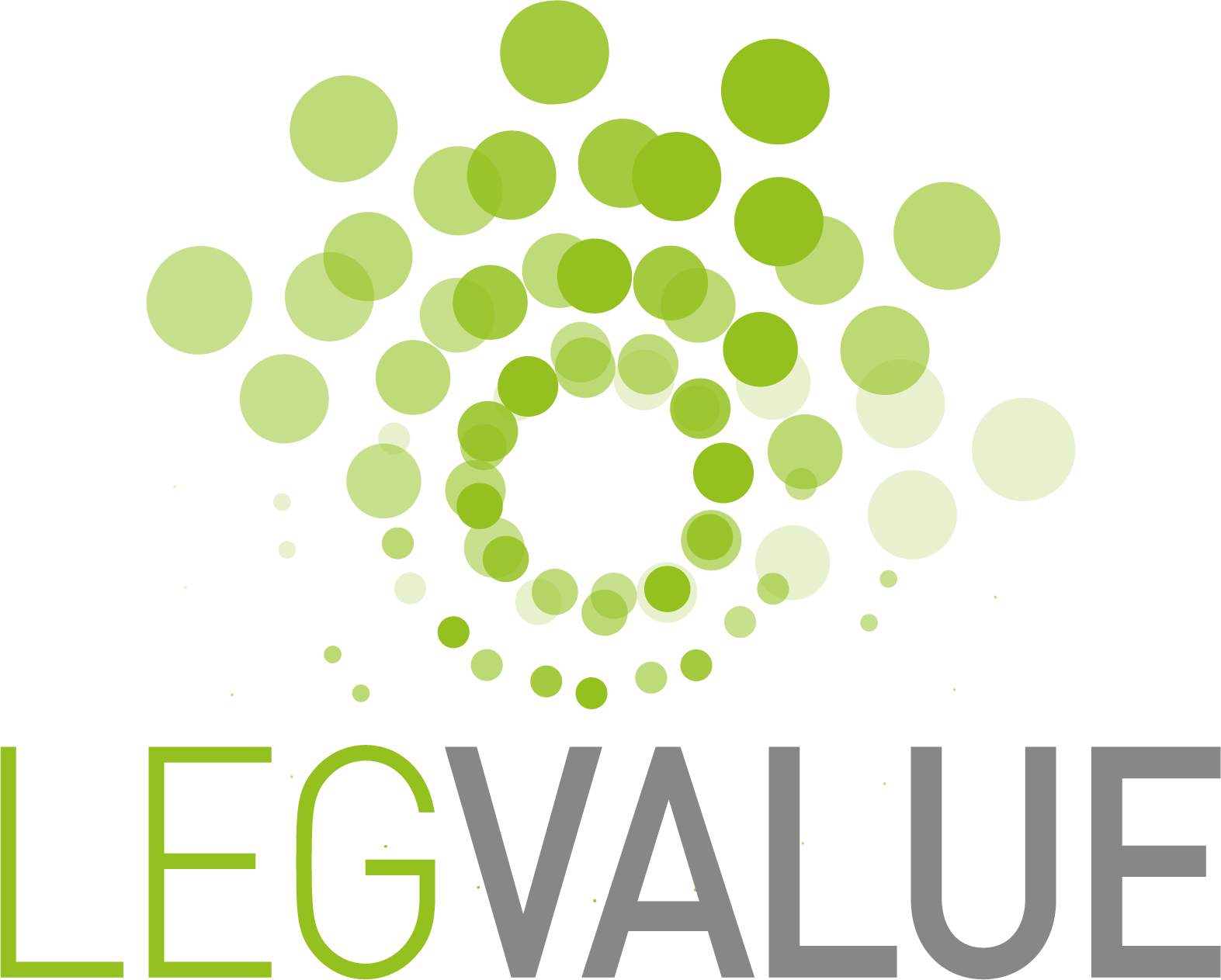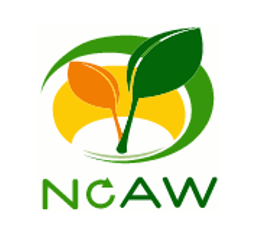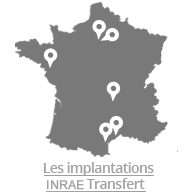
Objectives
ReMIX will exploit the benefits of species mixtures to design more diversified and resilient agro-ecological arable cropping systems less dependent on external inputs. Based on a multi-actor approach, ReMIX will produce new knowledge that is both scientifically credible and socially valuable in conventional and organic agriculture. It will tackle practical questions and co-design ready-to-use practical solutions adapted to producing mainly grain cash crops in diverse EU pedo-climatic conditions. ReMIX will: 1) overcome barriers to stimulate the adoption of species mixtures by farmers and in agri-food chains, 2) unravel mechanisms of plant-plant interactions to maximise resource use efficiency, 3) determine the role of species mixtures in controlling diseases, pests and weeds and alleviating yield damages, 4) demonstrate the role of species mixtures in improving ecosystem service provision and development of resilience to biotic stress, 5) identify key traits and create novel breeding and phenotyping methods and tools adapted to species mixtures, 6) generate novel breeding material adapted to grain legume/cereal mixtures, 7) develop generic rules for assembling species for efficient cash crop production using process-based simulation models, 8) develop new management techniques to optimise species mixtures performance, 9) optimise settings and specifications for agricultural machines for harvesting and separating grains, and 10) develop a tool box, an educational serious game and technical booklets for farmers and advisors. The project will span from the specification of end-user needs and the co-design of in-field and on-farm experiments to demonstrations with evaluation of new varieties and practices. ReMIX will contribute to the adoption of productive and resilient agricultural systems based on plants diversity, to increase legume production and competitiveness in EU and to healthier diets based on plant proteins from cereals and legumes.
EC funding : 5M€
Duration : 4 years
Start : May 1st 2017
Coordinator : Eric Justes - eric.justes@inra.fr
Project manager : Elodie Tan - elodie.tan@inra.fr
Website : www.remix-intercrops.eu



 LEGVALUE :
LEGVALUE : AgriLink: Agricultural Knowledge: Linking farmers, advisors and researchers to boost innovation
AgriLink: Agricultural Knowledge: Linking farmers, advisors and researchers to boost innovation
